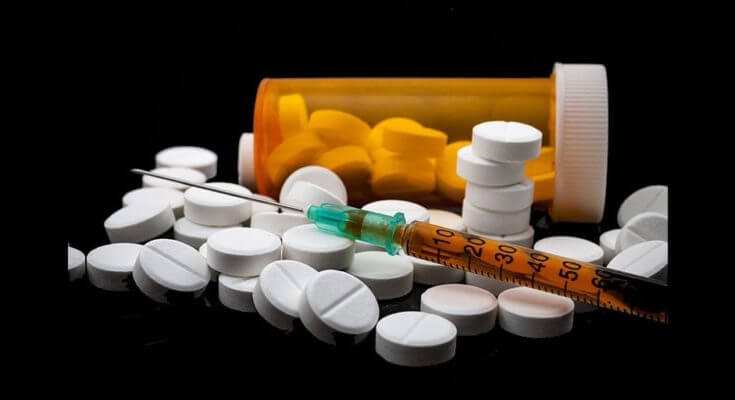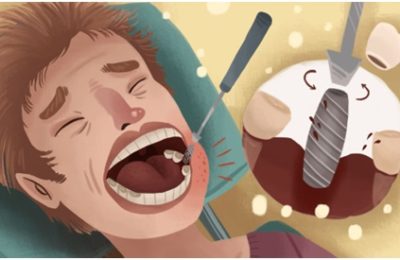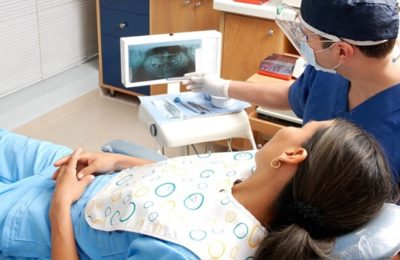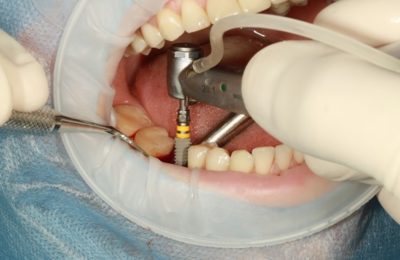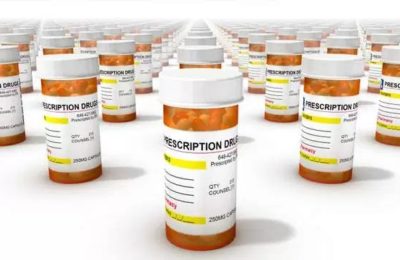In 2014, more than 40 people died from opioid overdoses in Montana . The dangers of prescription opioids aren’t taken as seriously as other substances because they’re given by doctors, with many assuming that anything given by a doctor is safe.
Taking opioid painkillers improperly often leads to dependence, addiction, and sometimes death. Changes need to be made within Montana if the community is going to be able to avoid an opioid epidemic from taking place.
People often don’t realize that they can make a direct impact on the opioid abuse in Montana on their own. One such way that has been helping is through methadone treatment, which has been providing hope for certain communities. But although methadone treatment has shown promise, there are still actionable steps you can take to help those suffering from addiction within your community.
Educating Others on the Dangers of Opioids
The first thing that you can do is help to ensure that people are properly educated about what opioids are, how they affect the body, and what the signs of addiction are. People need to know how to take the medications, what steps to take if the medications stop working for them properly, and what they can do if they feel that someone they love is abusing opioids.
Some community members in Montana have taken to plastering the side of a van with the faces of those Montanans who have died from an overdose with the words “recovery is possible” to try to spark addicts to get the help they need before it’s too late. Thinking outside of the box could help people to realize that they don’t have to suffer in silence.
Libraries often provide people with free meeting spaces if they book it in advance. Consider holding a seminar or clinic where you teach people about opioid addiction. Be sure to use facts, statistics, and have information readily available for them to take home. When answering questions, be sure to only answer with the knowledge you know to be true.
Look online for different websites that provide free educational information about drug abuse and opioid addiction. Small pamphlets can be put at local pharmacies, libraries, gas stations, or even just at the local doctors’ offices. The more information that is out in the community, the better the chances are that people will be properly informed about opioids and be able to make an informed decision.
Proper Opioid Disposal Options
A huge reason why the opioid crisis has reached epidemic levels is that people can get opioids without difficulty. It’s common for someone to have surgery or suffer an injury and be prescribed opioids for the pain. Some people use only a few of the pills and then leave them in their medicine cabinet and completely forget about them, leaving them open to being stolen from an addict living in their house, or for themselves to haphazardly use.
Opioids shouldn’t just be thrown away or flushed down the toilet as they can hurt the environment. Instead, they need to be disposed of properly. There are containers available that can be placed throughout the community for people to use for disposal of opioids.
A grant in Montana is being used to place disposal bins in local pharmacies to make disposal quick and easy. The grant makes it free for the pharmacies to use the disposal bins and ensures that the drugs are disposed of in a safe manner.
It’s also a good idea to remove the labeling on the outside of the bottles for anonymity. The medications won’t be reused and no one will be able to gain access to the bins who should not have access to them.
Supporting People After Rehab
One reason addicts relapse is because they feel alone in the world and can’t remember a time without drugs. When they stop using, they have to figure out who they are again and start their entire life over.
Being able to get the treatment they need can be nearly impossible if they’re jobless or have limited access to funds. Some politicians in
To reduce the overdoses that happen in a community, it’s important to have a support system in place to help those who have overcome addiction. Talk to local businesses in the area and see if they would be willing to donate their time or supplies to help addicts get back on their feet.
You could hold a conference where people in recovery could get clothing for job interviews, help create a resume, get a fresh haircut, and even learn how to do their makeup if needed. If they feel good about the way they look and that they are prepared to go on a job interview, it’ll make them feel more confident and could help them to get their life back on track.
You could also talk to local churches to see if they would be willing to set up support groups for addicts to come to on a regular basis. Meeting on a weekly basis can help addicts share their feelings and get tips on how they can handle the stresses that are bound to arise in life.
Sticking with sobriety isn’t easy for anyone in recovery to do. Having a community that is willing to support their neighbors can make the process easier for them. Once people look and feel their best they can get a job, get back on their feet, and become productive members of society.

